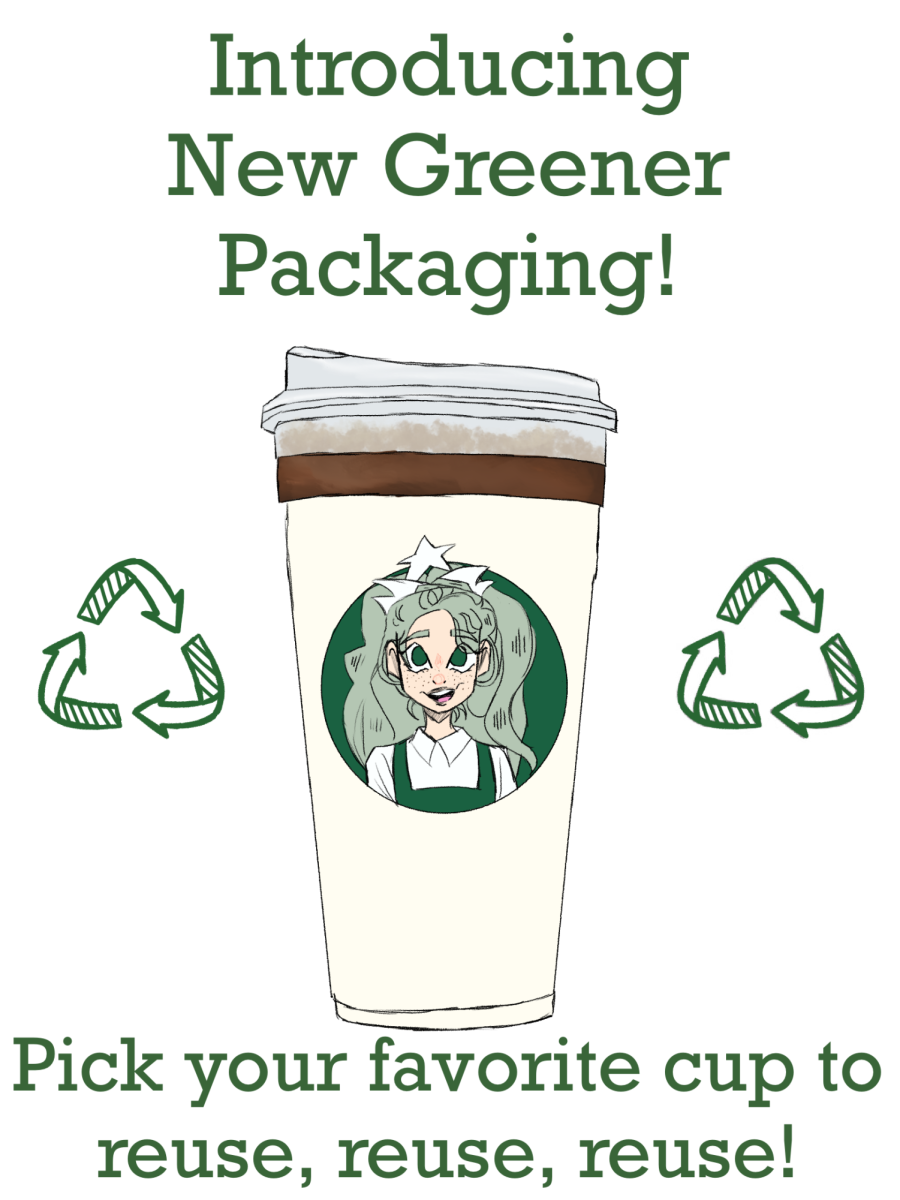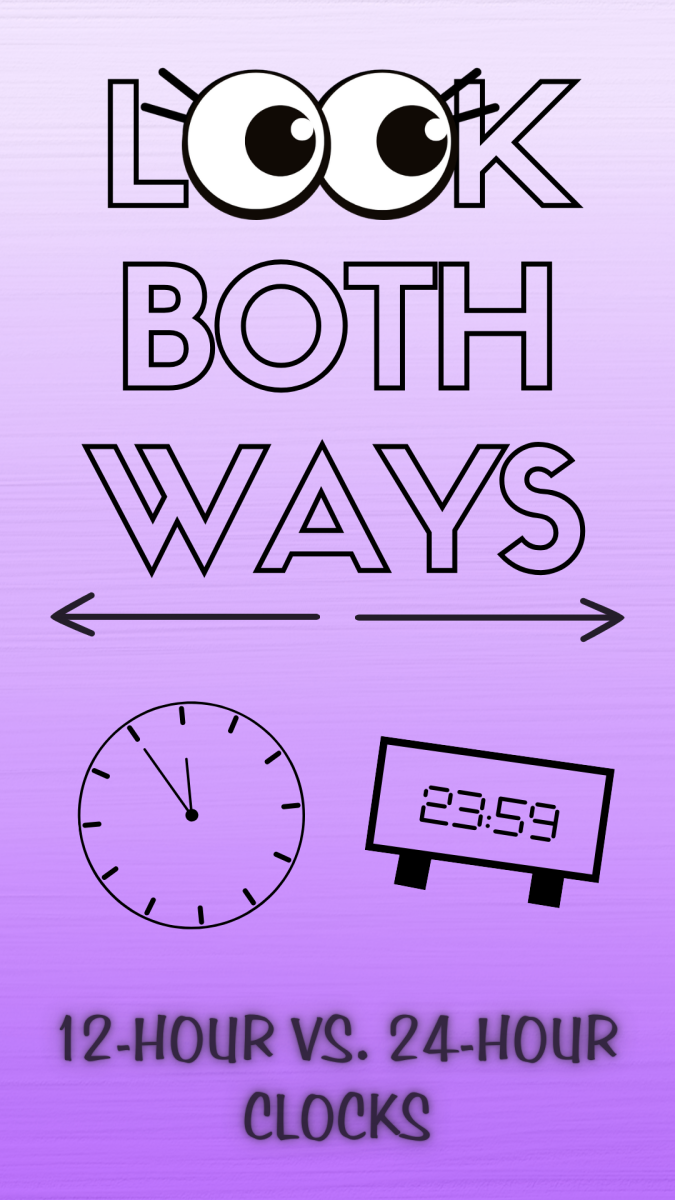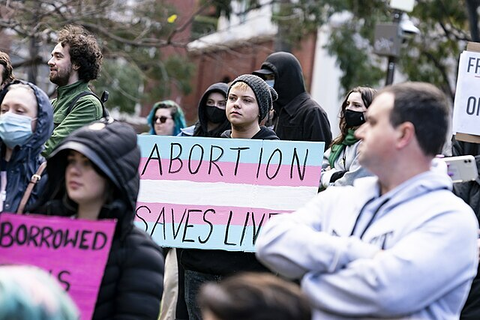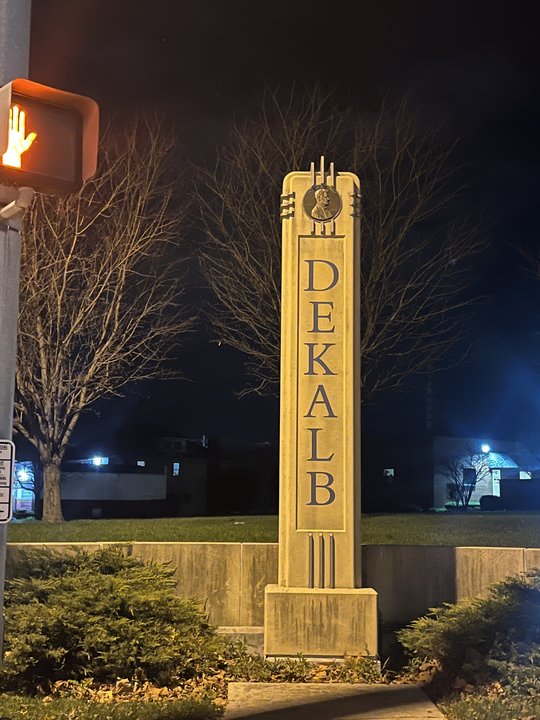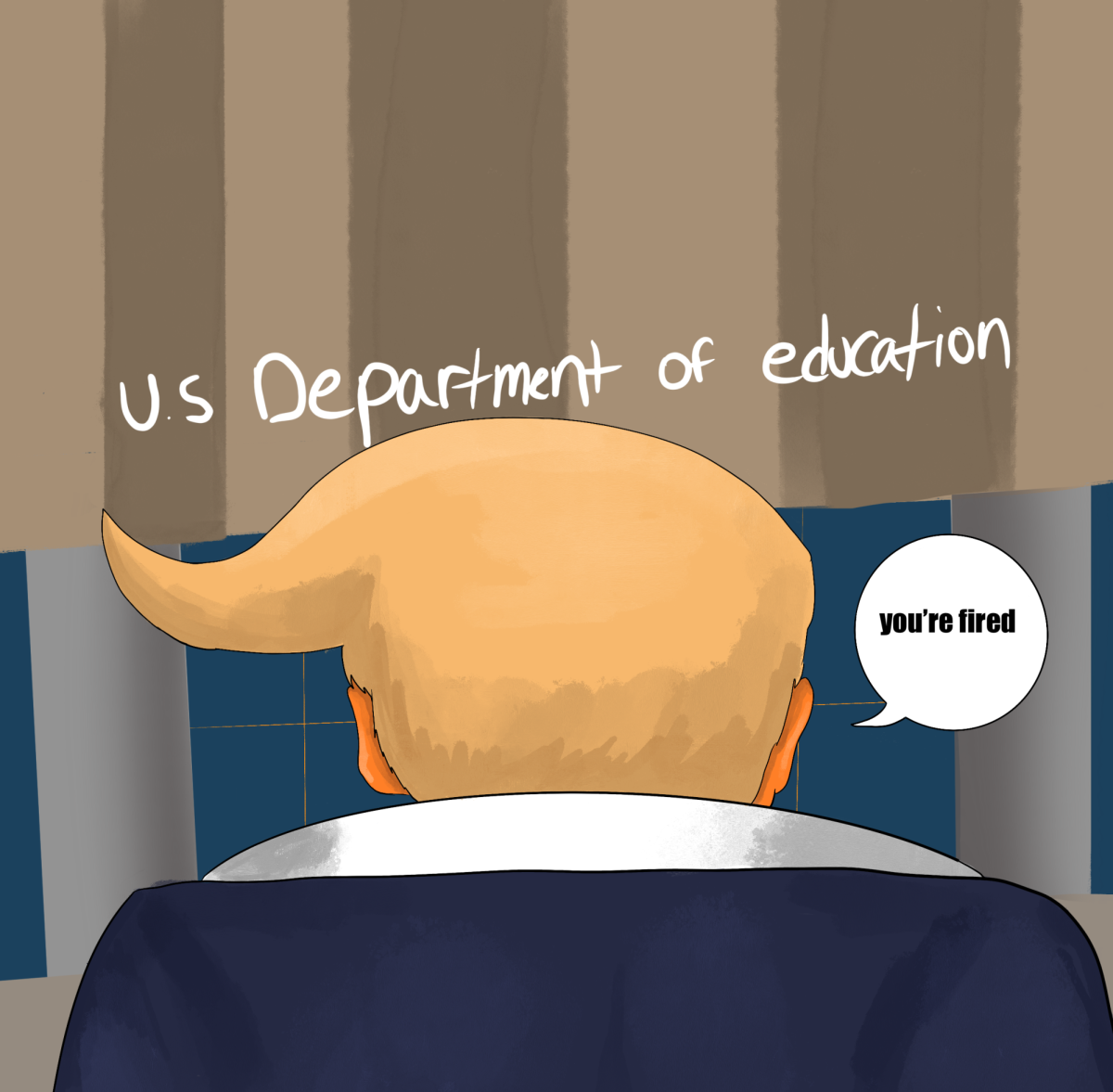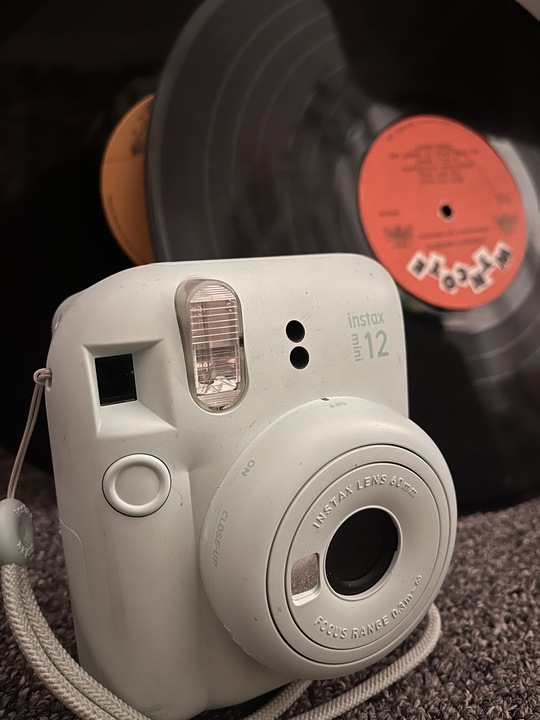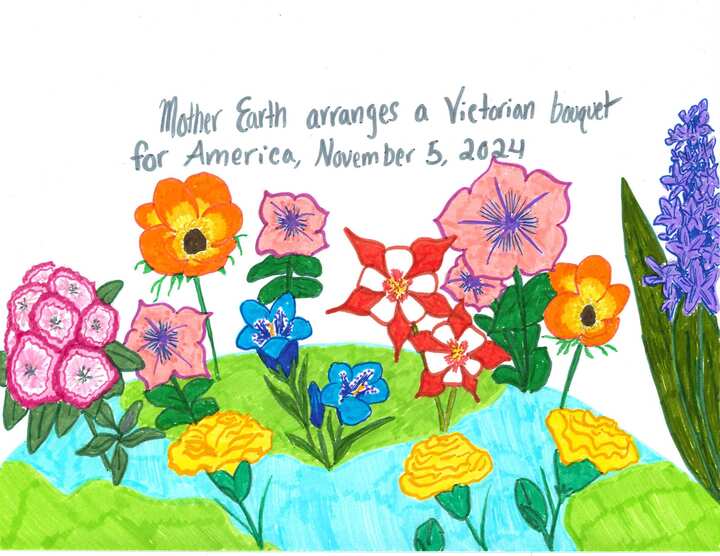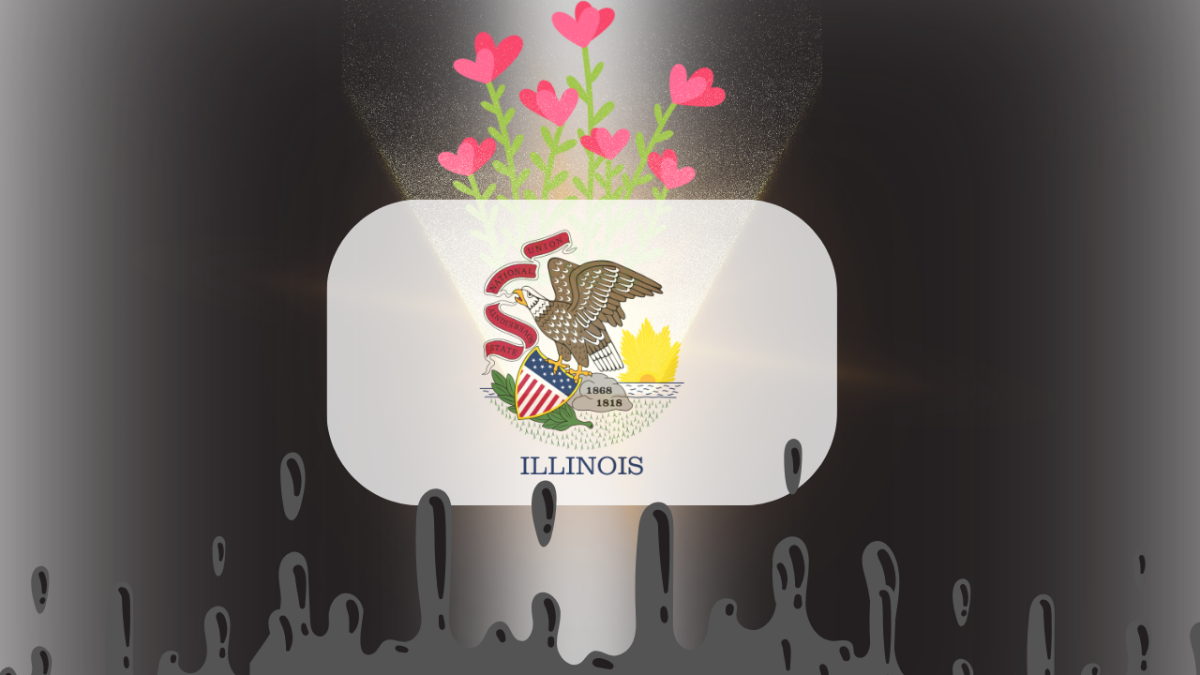It’s time for companies and communities worldwide to join hands in a concerted effort to prioritize reusable cups. Adopting reusable cups not only protects the environment but also sets the stage for a more sustainable future – one sip at a time.
In an effort to better the environment, Starbucks plans to get rid of its disposable plastic cups by 2030 and switch to reusable cups, according to Starbucks.
An estimated 50 billion cups in the U.S. end up in landfills every year, according to BASF, which is a company that focuses on environmental topics such as plastics and leather. The amount of cups that wind up in landfills is heartbreaking.
Aside from environmental benefits, organizations can benefit economically from reusable cups.
Adopting reusable cups can give companies a competitive advantage by increasing the company’s public attractiveness and publicizing the fact that the company is environmentally friendly, according to Stackcup, a business focused on reducing waste.
Having a competitive advantage is necessary for any organization to thrive. Companies may even see more customers or better reviews after switching to a reusable cup.
It is crucial that climate change and pollution are mitigated. By doing something as simple as using a reusable cup over a plastic cup, individuals can play their part in bettering the environment.
If bettering the environment isn’t enough to convince individuals to use a reusable cup, maybe saving money on their coffee would. When individuals go to a Starbucks and refill with a reusable cup, they earn 10 cents off their drink, according to Starbucks.
Thomas Skuzinski, director of NIU’s Institute for the Study of the Environment, Sustainability and Energy, explained that there are many problems with waste in landfills.
“Landfills can obviously affect our water supply and the quality of the air. A lot of water and air pollution are associated with landfills and concentrating waste into them,” Skuzinski said. “If it’s not finding its way into a landfill, it’s probably going into our waterways. It can impact biodiversity, and it can cause harm to specific species.”
It is heartbreaking that the water supply and air quality are awful because of the amount of waste in landfills.
Marine animals are often harmed or killed because of plastic in the ocean. Around 100,000 marine animals are killed each year due to plastic in the ocean, according to Earth.Org, an environmental news organization. Marine animals should not be dying because of the carelessness of individuals using plastic.
Skuzinski also explained there is an environmental injustice around poorer communities of color and the location of landfills.
“A lot of the landfills in the U.S. are located in poorer communities of color, so there is also an environmental injustice that is occurring when we’re thinking about how waste gets into our ecosystems and how it degrades them and ultimately affects human health,” Skuzinski said. “That’s an important part of sustainability, that equity story and making sure that the way we are interacting with the environment and the behaviors we are engaging in ultimately aren’t harming those who have the least ability to deal with those harms.”
It is extremely unfair that human health is at risk, especially in poorer communities of color, because of landfills. This environmental injustice needs to end.
Over the last five years, Starbucks has tested reusable cups in many different states across the U.S.
From 2019-2023, states such as California, Illinois and Wisconsin started adopting reusable cups, according to Starbucks. Places in Europe and Asia are also starting to incorporate reusable cups into their stores. As the tests appear to be successful, Starbucks plans to implement reusable cups.
Starbucks has also created recyclable strawless lids. The new recyclable lids have a little less than 10% plastic compared to the current lid and straw, according to Starbucks. Having strawless lids is part of Starbucks’ plan to phase out plastic straws. Simply getting rid of plastic straws is a great step toward bettering the environment.
While using reusable cups and strawless lids is a great start to reducing the amount of waste in landfills, more can be done.
Other companies should follow in Starbucks footsteps by offering items such as reusable containers or offering reusable shopping bags over plastic. For example, Aldi does not provide plastic grocery bags, instead the grocery store encourages shoppers to bring their own reusable bags.
Everyone can play their part in helping to better the environment so the world is a better place to live in.
Skuzinski also said while adopting a reusable cup is a good start, there are other steps that can be taken.
“I would encourage anyone who’s willing to take the first step of having a reusable cup at Starbucks to go well beyond that. That is a very positive first step to take, but there are a lot of other things that can be done in terms of choices about the food that we eat, the way we get to and from places and how we vote for people at the local, state and federal level,” Skuzinski said. “All of those are very important choices that can signal our commitment to being more sustainable. I hope that they are willing to take that first step and that it will be just one step on a much longer pathway.”
Both individuals and companies need to play their part in reducing pollution in the U.S. By doing something as simple as opting for a reusable cup over a disposable plastic one, individuals can make a difference in the world.



